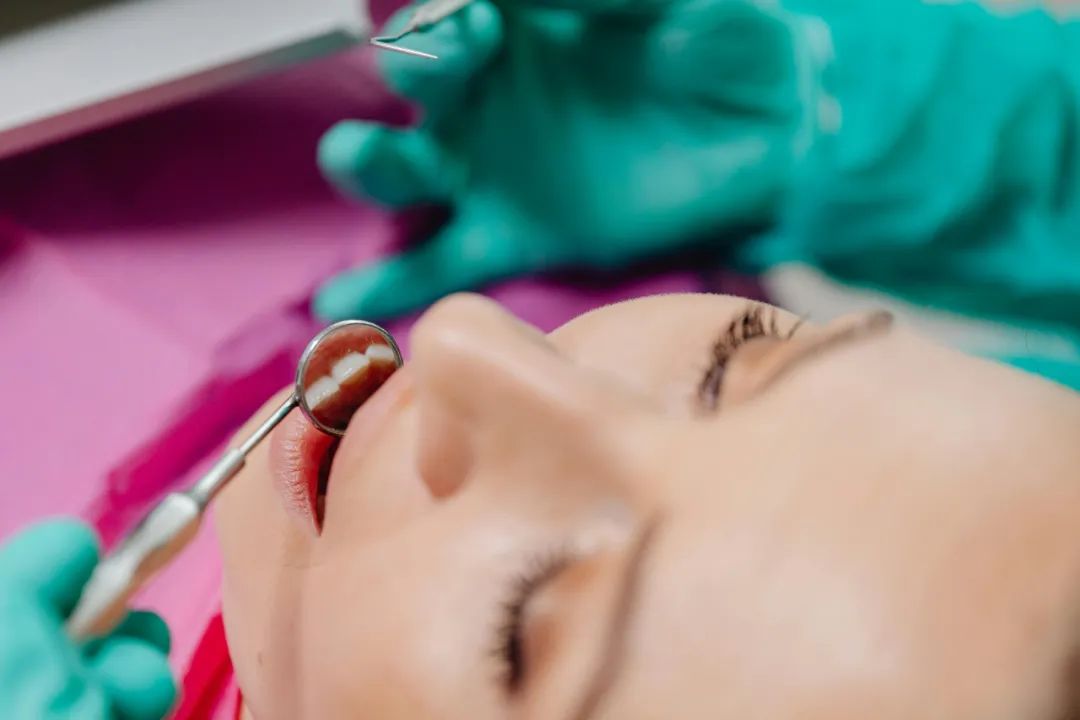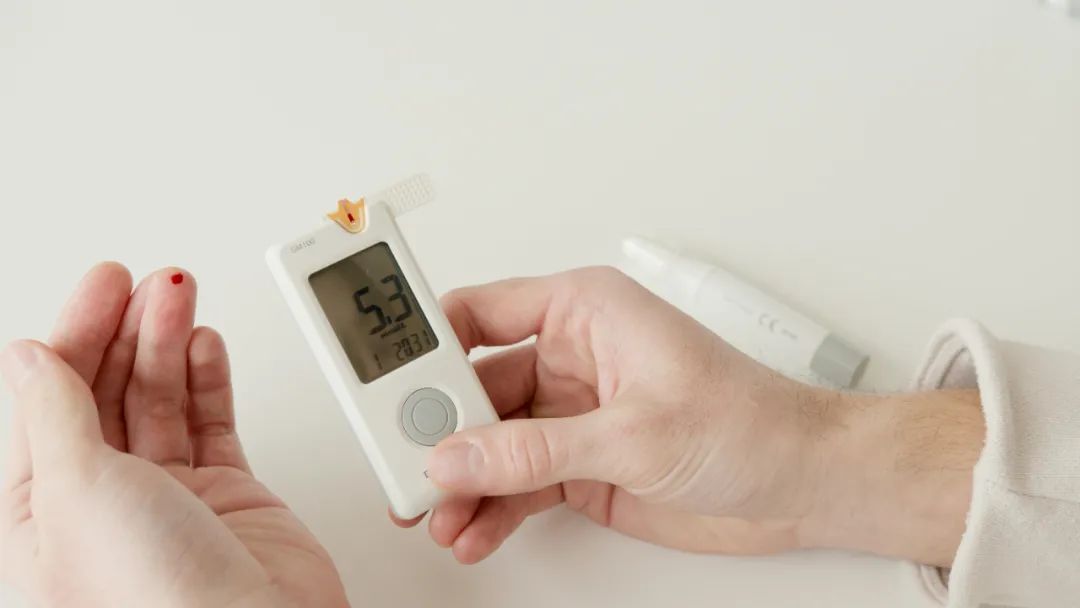Original rehabilitation magazine
There are hundreds of millions of microorganisms living in our mouth, with nearly 800 species, which together constitute the oral microflora. Like the intestinal flora, the oral microflora is also very diverse. Most of them are resident bacteria that coexist with human beings for a long time. They are generally harmless and even beneficial to human bodies, and they are "good friends" of our bodies. Under normal circumstances, the resident microorganisms in the oral cavity form a stable ecological balance, and once the ecological balance is broken, "good friends" will also become "bad molecules", which will spread to other parts of the body through blood, digestion and breathing, causing or aggravating various serious diseases.

The first type: cardiovascular and cerebrovascular diseases.
The oral cavity is connected with the outside world, which is the gateway for all kinds of microorganisms to enter the body. Streptococcus mutans in oral cavity and Porphyromonas gingivalis are the "culprits" of dental caries and periodontal disease respectively. Periodontal disease not only leads to tooth loosening and falling off, but also is closely related to life-threatening cardiovascular and cerebrovascular diseases such as stroke and myocardial infarction. Scientists have detected common microorganisms in the oral cavity in atherosclerotic plaques of such patients, among which Porphyromonas gingivalis has the largest number, and the more serious periodontal disease is, the larger the plaque area is.
Periodontal bacteria and their harmful metabolites can enter the blood through the broken gums, causing damage to blood vessels, aggravating atherosclerosis and further increasing the risk of stroke and myocardial infarction. Studies have confirmed that the symptoms of cardiovascular and cerebrovascular diseases have also been alleviated after periodontal treatment.
The second type: diabetes
There is a strong two-way relationship between type 2 diabetes and periodontal disease. The increase of inflammatory factors in patients with severe periodontitis interferes with the role of insulin as a "porter" of blood sugar, leading to excess sugar in the blood and causing blood sugar fluctuation, so the risk of developing diabetes in patients with periodontitis is 2~3 times that of normal people.
However, diabetic patients often have dry mouth, and their oral self-cleaning ability decreases, making it easier for germs to breed and multiply; At the same time, the resistance and healing power of gums are weak, and the rising blood sugar will provide more "nutrients" for oral bacteria, which will lead to more serious inflammation. This interaction has formed a vicious circle. Studies have pointed out that perfect periodontal treatment can reduce glycosylated hemoglobin and fasting blood glucose and improve patients’ systemic symptoms.

The third kind: autoimmune diseases.
Autoimmune diseases are a kind of diseases that attack human tissues or organs due to abnormal immune system. They are all serious chronic diseases. Inflammation is the common feature of these diseases, and infection caused by oral pathogenic microorganisms is one of the important causes of autoimmune diseases. For example, Porphyromonas gingivalis is related to the occurrence and development of rheumatoid arthritis, inflammatory bowel disease and systemic lupus erythematosus. Candida albicans is closely related to Sjogren’s syndrome.
Imagine that if the "bad molecules" in the mouth are very active, the immune system will always be in a state of "high alert", and inflammation in the body will persist, which will lead to systemic symptoms in the long run. If you have a related disease, but the condition is not controlled as expected, you may have to pay attention to whether the flora in your mouth is disordered.
The fourth kind: digestive system diseases.
The oral cavity is the initial part of the digestive tract, and Helicobacter pylori (Hp) in the oral cavity is also related to the occurrence of gastrointestinal diseases. Oral cavity may become the repository of Hp, increasing the risk of infection, and then causing gastritis, gastric ulcer and other diseases; Hp was also found to be related to Hashimoto’s thyroiditis.

Fifth: Alzheimer’s disease.
Alzheimer’s disease, commonly known as "Alzheimer’s disease". With the decline of immunity, the decrease of saliva and the need to wear dentures in the elderly, the oral microecology is prone to disorder, which is characterized by the increase of periodontal bacteria and the higher number of fungi than young people.
Periodontal pathogens and their toxic products can invade the brain through blood circulation and neural pathways, colonize in the brain, release toxic substances to cause neuronal apoptosis, and accelerate the progress of Alzheimer’s disease; Fungal infection can not only cause oral mucosal lesions, but also destroy the blood-brain barrier of the elderly and damage the central nervous system. In addition, herpes simplex virus and cytomegalovirus, which are common in oral cavity, have also been found to be related to cognitive and memory disorders.
Sixth: respiratory diseases
As the front entrance of respiratory tract, the microbial status of oral cavity directly affects the health of respiratory system. Bacteria and secretions in the mouth may be inhaled into the respiratory tract, blocking the smaller bronchi and increasing the risk of pneumonia and bronchitis, especially for the elderly and immunocompromised people. Studies have shown that people with poor oral hygiene are about 30% more likely to suffer from chronic obstructive pulmonary disease (COPD) than those with healthy oral hygiene.

Seventh: pregnancy complications
Oral health has an important impact on pregnancy and newborn health. During pregnancy, due to the rapid changes in hormone levels, pregnant women’s gums are more prone to swelling and inflammation, and 60%~70% of pregnant women worldwide suffer from pregnancy gingivitis. Poor oral health may also increase the risk of complications such as gestational diabetes mellitus and preeclampsia.
At the same time, pregnant women with severe periodontitis, their periodontal pathogens can break through the gums and directly act on the placenta and uterine cavity with blood, stimulating uterine contraction, resulting in premature delivery and low birth weight, which is 7.5 times higher than that of healthy pregnant women, which is greater than the impact of smoking and drinking on the fetus.
Eighth: cancer
Oral microorganisms are closely related to the occurrence and development of various tumors. At present, it is known that the imbalance of oral flora, candida albicans, human papillomavirus infection and other factors will promote the course of oral squamous cell carcinoma, and many typical oral "bad molecules" will become "accomplices" of cancer, especially digestive system tumors, such as Fossetta and Porphyromonas gingivalis, which are related to esophageal cancer. Fusobacterium nucleatum can enhance the viability of cancer cells and can grow in colorectal cancer. If it exists, the survival rate and prognosis of colorectal cancer patients are poor.

Link: Tips for maintaining oral health
Oral cavity is the starting point and gateway of human defense, and it is very important to maintain the ecological balance of oral microflora. Only with a good mouth can you be healthy. Let the "good friends" in the mouth guard the first line of defense of health for us.
1. Use a soft-bristled toothbrush, brush your teeth at least twice a day for 3 minutes each time, and use dental floss and a tooth washer to clean every tooth surface and gap. It is more important to brush your teeth before going to bed at night. Patients with removable dentures, fixed dentures and dental implants need to be cleaned more carefully because dentures are easy to hide evil people and shelter evil people.
2. Pap brushing method is used for permanent teeth, and circular arc method can be used for deciduous teeth. On the basis of children’s insistence on brushing their teeth, parents should also help and supervise their children to brush their teeth.
3. Eat more foods rich in protein, minerals and vitamins, eat less high-sugar foods and rinse your mouth after eating. The mouthwash containing bactericide will lead to microbial imbalance, so it needs to be used according to the doctor’s advice.
4. Avoid smoking and drinking, use less antibiotics, develop good habits of work and rest and defecation, and stay up late less to prevent disturbing the flora.
5. Conduct oral examination once every six months to find and actively treat oral diseases as soon as possible; Wash your teeth regularly and give them a thorough cleaning.
Wen | Xiang Meijuan Attending Physician of Stomatology, Shanghai Hospital of Traditional Chinese Medicine
Guiding Expert | Xuan Jing, Chief Physician of Stomatology, Shanghai Hospital of Traditional Chinese Medicine
Editor | Wang Jingming
Figure | pexels
Audit | Ye Haixia
Producer | Li Wenjing
Medical Support | Shanghai Medical Association Science Popularization Branch
Original title: "Bacteria in the mouth are quietly" detonating "these 8 diseases"
Read the original text